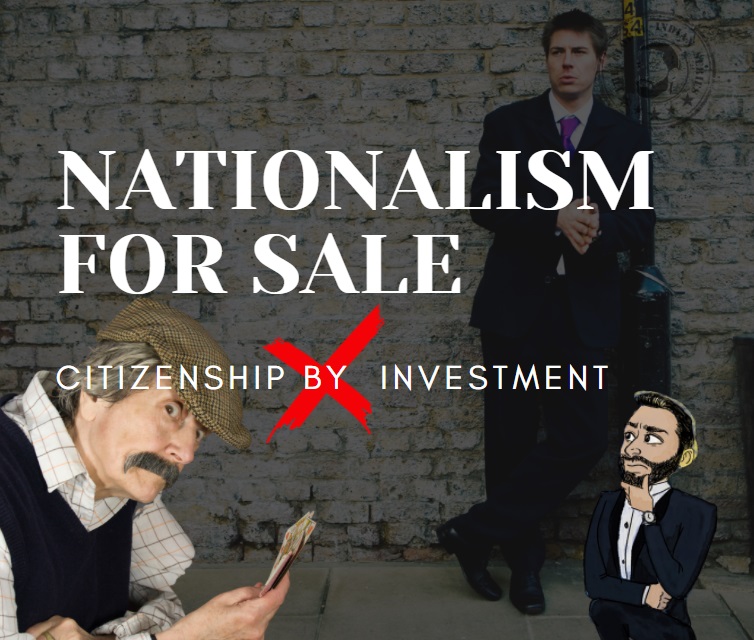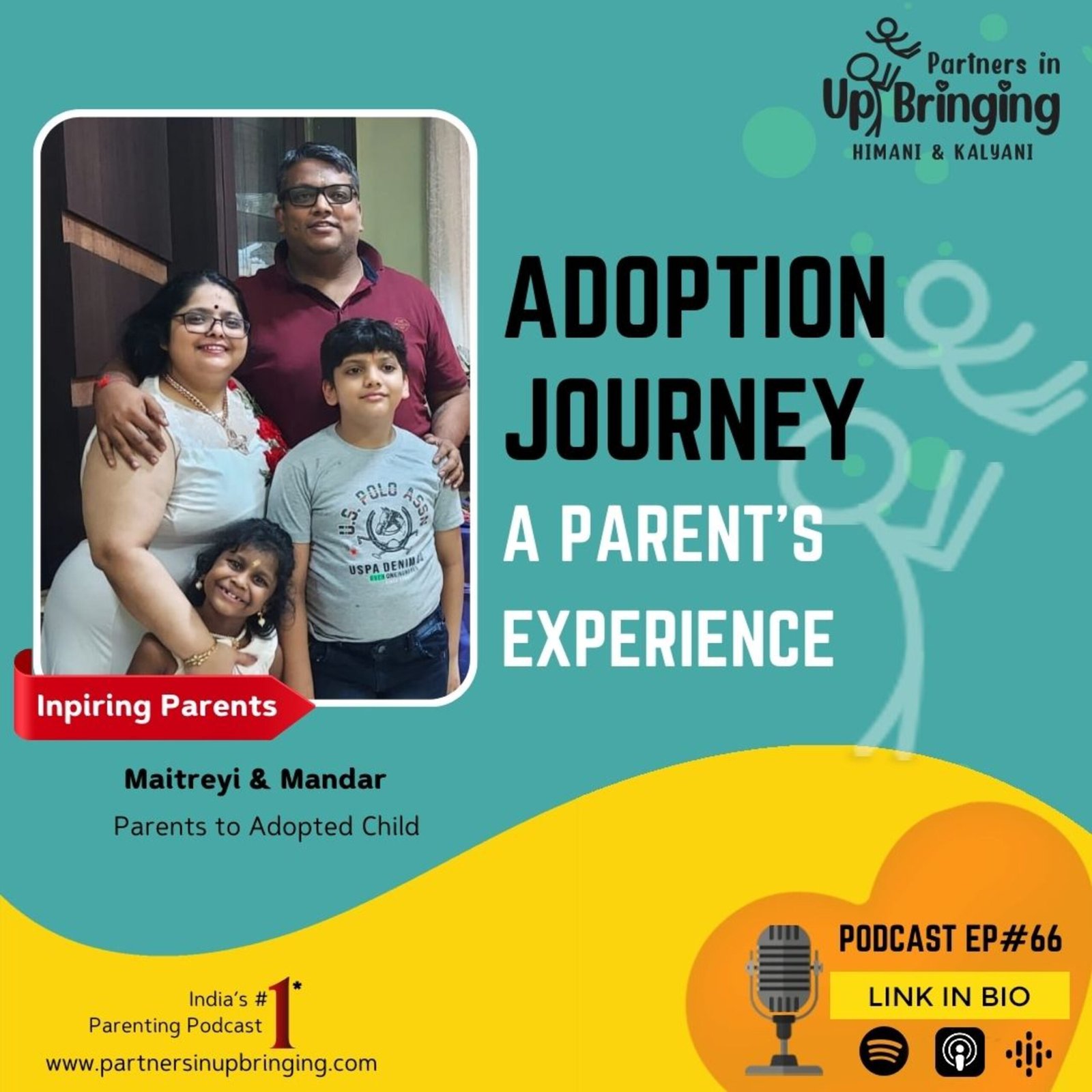With the rise in anti-Indian sentiment in countries such as South Africa coupled with tougher anti-immigration policies in the Northern and Southern hemisphere, we children of the Indian diaspora, increasingly need to look our futures.
Life in South Africa has become intolerable for many Indians. The riots of 2021 will leave scars for many years to come and although things have clamed down considerably in Durban and KwaZulu-Natal, it is a mere matter of time before there is more bloodshed.
The story of the Indian diaspora is one of fortitude in adversity The abolition of slavery led to a demand in cheap labour. Hence thousands of Indians were indentured to toil in the fields of Natal on sugar, cotton and tea plantations. They left because of poverty and famine and hoped for a better life. Alas, they and their descendants have been treated shabbily by successive South African Governments.
A Rising tide of Anti-Indian Sentiment?
So life has never been easy. But despite hardship, many Indians did what we have always done: we adapted and eventually prospered. That has caused resentment in some quarters.
Ironically, since the end of apartheid, life if anything has become harder for people of South Indian origin. So much for the rainbow nation
There has long been bad blood between Indians and so called "indigenous communities" and on occasion this has spilled over into disgraceful scenes of violence, as covered in our podcast https://globalindianseries.com/the-politics-of-hate-south-africa-with-narendh-ganesh/. The Indian community has been threatened, slandered and demonised. Jimmy Manyi’s suggestion, in March 2011, that there were too many Indians in KwaZulu-Natal, and that many of them buy their way to the top is but one example.
Then there is the notorious demagogue Julius Malema and his hateful party, the EFF. The former has used hate speech time and time again and his vitriol must be considered a factor in the riots. That he remains an MP is a disgrace.
The Indian experience in South Africa raises questions about citizenship and identity. If we are not welcome in South Africa, if the rhetoric of the peace and harmony we they need an insurance policy.
The citizen scheme affords us one, but is it fit for purpose? On the face of it, it seems a pretty good wheeze, particularly for developing countries in the Caribbean. The logic goes something like this: We can’t rely on tourism for all our expenditure, we have few exports and practically no heavy industry, but palm trees and low taxes. Perhaps we could sell citizenship to wealthy investors and entrepreneurs?
The UK and US began theirs in the 1990s but St. Kitts beat them to the punch, being the first Caribbean island to introduce the idea in the 1980s. It soon paid dividends. Other islands quickly followed suit.
A New Parasitical Industry
A new industry was soon born to fill the gap and now there are dozens of companies which specialise helping people through the legal process to acquire a passport. It is a barometer of turmoil. Demand rises exponentially in uncertain times.
There is a fundamental flaw with citizen for sale initiatives. It is this: citizenship is not gold, it’s not copper, it’s not coffee. In short, it’s not a commodity. Problems arise when you treat it like one.
To become a citizen of the Caribbean island of Dominica, which sits between Guadeloupe and Martinique, you’ll need an investment of $100,000, with no requirement to spend any time on the island and no waiting time. Put your card details in, and voila! you are a bona fide citizen.
Guess what the chief export of St. Kitts and Nevis? Passports. The money has helped them pay their debts and build on an enormous scale. The IMF says Citizenship by investment programmes amounted to 14% of St Kitt’s GDP in 2014, and other estimates say the programme may have accounted for as much as 30% of the government’s revenue in 2015. more can be read here https://globalindianseries.com/features/
Whether this has been a good thing is a moot point, still citizenship by investment keeps the profit needle pointing in the right direction.
And it’s big business in the Caribbean. Or rather it was.
It’s not a lack of demand. On the contrary. Investors are beating a path to the door of countries the length and breadth of the Caribbean, not to mention Germany and the USA.
Life is Hard
Life is becoming increasingly difficult for immigrants around the world: The UK has had Brexit and many are turning to second residency as a means of circumventing the new rules. Rather, there has been a race to the bottom. Caribbean islands are competing on price, which is ill advised on two counts:
1) it devalues your product and everyone else’s in the process and 2) it damages the reputation of your country. It smacks of desperation and hints that all may not be well in the state of Denmark (Insert Caribbean island of your choice)
Price Slash
Dominica and Grenada were bucking the trend, where revenues have been rising nicely( despite investor confidence starting to wade due to high profile legal proceedings and white elephant developments). in other locations we are seeing a race to the bottom.
The question is why? Part of the answer lies in the fact that it is not just about the money. To forget the heart and soul of a country is to make a grave error.
And unless the Invest programme benefits your country and her people, then it is nothing more than a cynical money-making exercise. It has to be well conceived and the proceeds need to improve the lot of ordinary people. What is more, if you want people to stay, (and in truth most Caribbean islands do not) then you need make your new citizens feel welcome.
Above all, the scheme needs to reflect well on the country. That means it must be fit for purpose. Applicants must be rigorously vetted and their financial affairs thoroughly investigated. If you fail to do this, you will inevitably attract the wrong sort: crooks, money launders and tax dodgers. This will do grievous damage to your country’s reputation.
It may well have another effect-what one might call the Bad Apple syndrome. If, say, a known criminal has sought protection from the law by becoming a citizen of your country, then other newly acquired citizens may be tarred by the same brush. It is guilt by association and something many of the Global Indian community are reminded of - especially with the recent cases in Antigua and Barbuda. It can also hurt your reputation as a tourist destination so it is vital when you embark on your country branding campaigns, your Citizen by investments scheme are above reproach.
We South Asians represent one of the most economically successful immigrant minorities in the world. So if a country wants to attract our investment, then it would do well to make sure its citizen by investment scheme are ethically as well as financially sound.
But for many ethnic minorities particularly those of South Asian origin it is not only a question of business. It’s one of survival. In the UK, the new Nationalities and Immigration Bill gives Her Majesty’s Government the power to strip certain citizens it deems a threat or considers undesirable of the their citizenship. Borders are closing around the world. The boats in the English Channel have been ordered to turn boas back.
This had led to a great deal of disquiet around the world. Anglo-Indians (that is to say British citizens of Indian origin) are no exception and those of Pakistani and Bangladeshi origin in Britain for whom a second passport mighty be needed if things go south.
This week for our giving Governments the opportunity to say in no more than 200 words why a potential investor should apply for citizenship in your country. So do get in touch if you would like to take part.
-------------------------------










